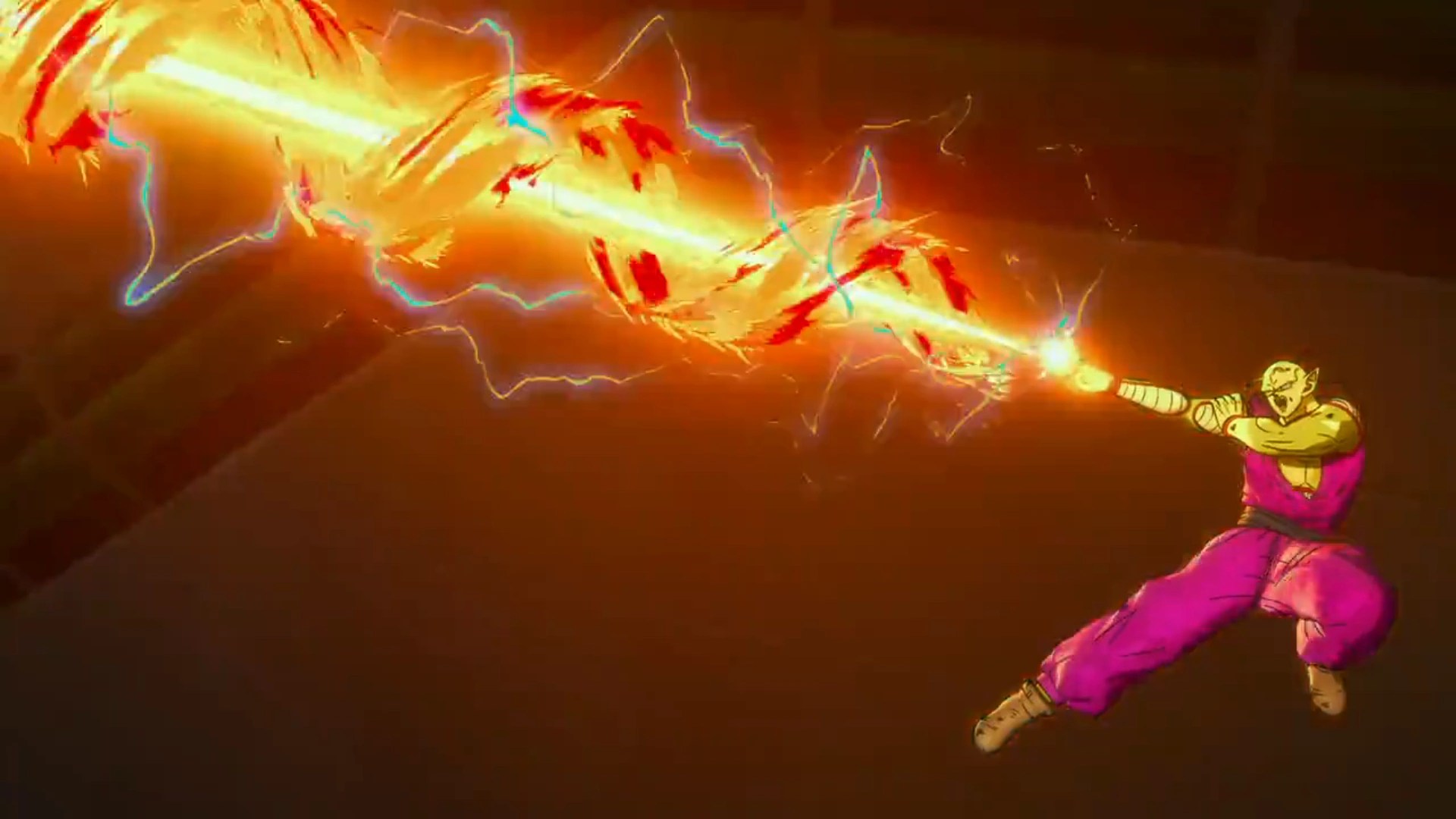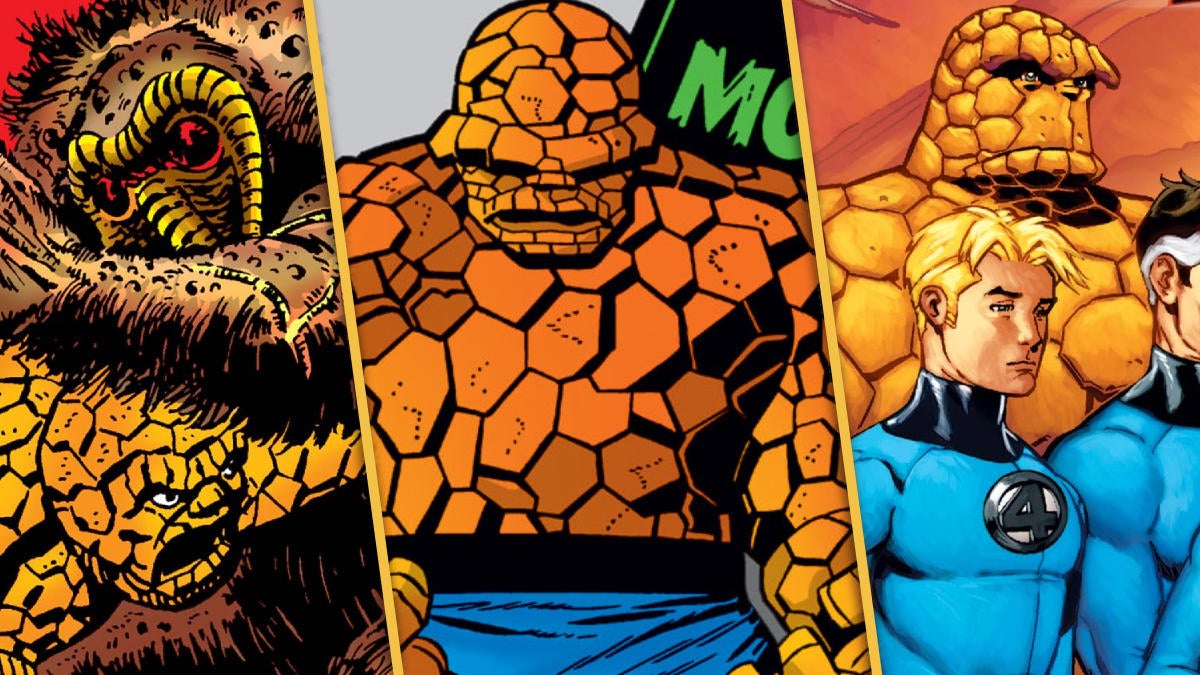How and where does ‘Alien Romulus fit in with the larger Alien movie franchise? Here’s everything you need to know!
Alien: Romulus is the latest installment of the Alien movie franchise, and all throughout the film’s marketing it’s been clear that the franchise lore heavily influences this new installment. Director Fede Álavarez may be telling the standalone story of a group of young people making an ill-fated heist to better their futures – however, Alien: Romulus has some surprises that make it an interesting combination of many different ideas and storylines from across the Alien Universe.
MAJOR SPOILERS For Alien: Romulus (and all Alien movies) FOLLOW!
Prometheus, Alien Covenant & Alien (1979)

Alien: Romulus acknowledges all three Alien movies that Ridley Scott directed as critical canon. The first reveal is that Xenomorph lifeforms that eventually run amok on the Romulus space station come from a single sample recovered from the wreckage of the space vessel Nostromo after Ellen Ripley blew it up in Alien (1979). That sample is brought to the two-sided station Romulus/Remus, where the main story of the film takes place years later, after the events of Alien, but several decades before Ellen Ripley is found and the events of Aliens occur.
Halfway through Alien: Romulus, synthetic science officer “Rook” (actor Daniel Betts, wearing a CGI face-swap of Alien star Ian Holm) makes a twist reveal that the purpose of the research on Romulus was to use the xenomorph specimens to reverse engineer the “Prometheus strain,” an experimental fluid based off the original bio-weapon fluid used by the race of alien explorers and terraformers known as The Engineers. The Weyland-Yutani Corporation was striving to spark humanity’s evolution into “perfect beings” like the xenomorphs, by using the Prometheus strain to mutate, heal, and hopefully generically improve human physiology. However, as the Engineers and human explorers of Prometheus found out, this bio-weapon fluid is too wildly unpredictable and deadly to ever be properly controlled.
Aliens

Alien: Romulus is set decades before Aliens, so there are now strong direct connections between the stories. That said, Romulus does serve as a gap-filler for a key subplot of the franchise that’s never really addressed: why the Weyland-Yutani Corporation is so eager to get its hands on xenomorph samples and DNA. The “Prometheus strain” is the elixir of life that Mr. Weyland spent the final portion of his life (and a vast fortune) chasing, built from an ultra-rare biological resource. So it’s understandable that the company is willing to sacrifice so many souls to get it in Aliens, given the significant advancements achieved on Romulus before it fell.
Alien: Resurrection

You wouldn’t think that Alien: Ressurection – often mocked as the strangest and possibly worst film in the franchise – would get a callback in Alien: Romulus, but here we are.
In the Climatic Act of Alien: Romulus, young colonists Rain (Cailee Spaeny), Tyler (Archie Renaux), and Andy (David Jonsson) find Tyler’s sister Kay (Isabela Merced) alive and cocooned after a xenomorph seemingly killed her. Tyler is killed in the rescue attempt and Kay is severely injured, so she injects herself with some of the Prometheus strain, hoping it can heal her as it had been shown to heal test animals. Kay does indeed manage to heal her injuries – but there is a horrific side effect.
Early in the film, Kay confides in Rain that she’s pregnant; when she takes the Prometheus strain, Kay inadvertently infects her fetus with the xenomorph pathogen and ends up going through an accelerated pregnancy, giving birth to a strange egg while preparing for cryo-sleep. The egg hatches to reveal a human-xenomorph-Engineer hybrid, who ends up killing and devouring Kay, before Rain and Andy knock it out of the ship and crash it into the rings around Jackson’s Star.

This climax is an echo of Alien: Resurrection’s infamous third act, in which it’s revealed that a Xenomorph Queen taken from the body of a reverse-engineered clone of Ellen Ripley has a unique mutation allowing it to give birth from a womb, instead of just laying eggs. The human-xenomorph hybrid that is born quickly kills the queen, viewing Ripley as its true mother; Ripley and synthetic girl Annalee Call (Winona Ryder) are ultimately forced to use the vacuum of space to kill the Hybrid Xenomorph.
Alien Resurrection’s Hybrid Xenomorph is one of the most divisive characters in the franchise – making it even more wild that Alien: Romulus pushes that concept even further.
Alien: Romulus is now in theaters.







